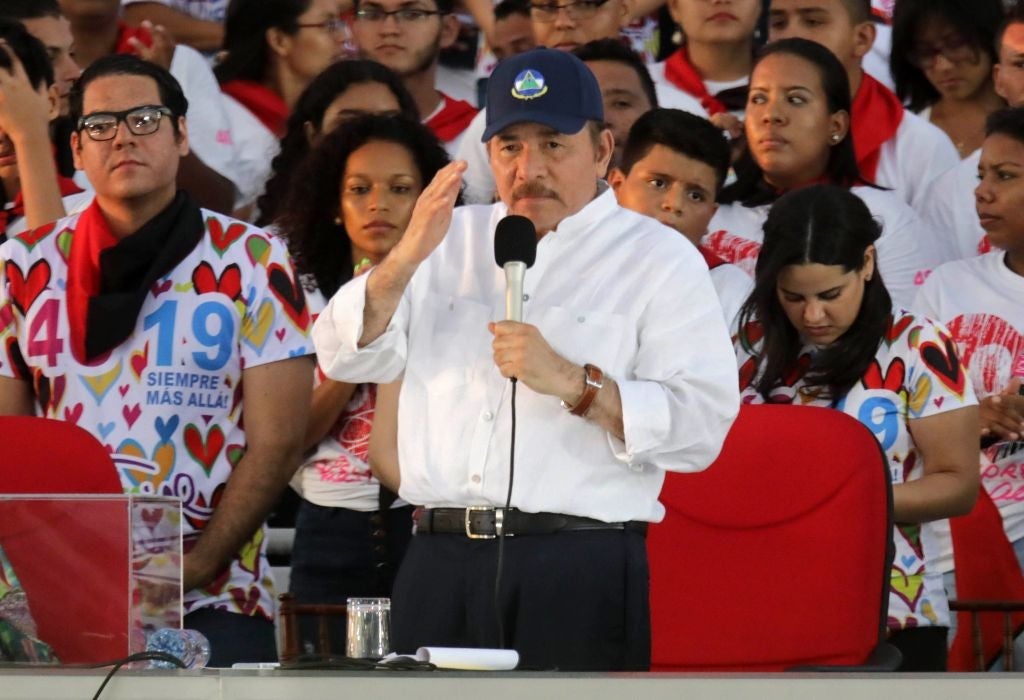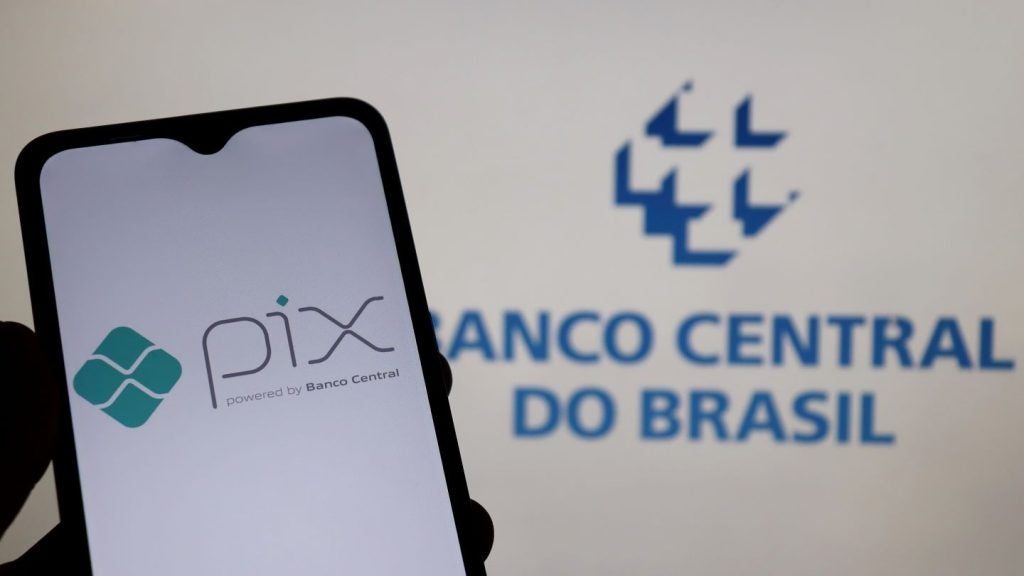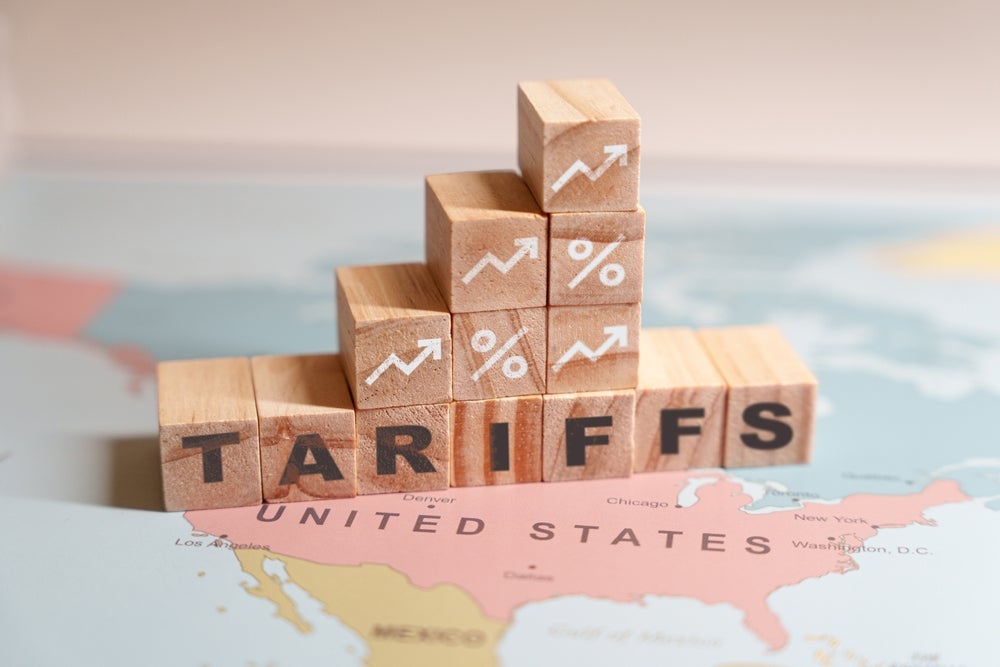

Nicaragua ended 2019 on a positive note for foreign direct investment (FDI) by attracting a total of $515m, significantly up from the $359m it brought in in 2018, according to data from the UN Conference on Trade and Development World Investment Report 2020.
However, the Covid-19 pandemic has hit many of its most active industries hard, including the textile sector, which has in the past represented up to 30–40% of FDI inflows. While the industry partly reinvented itself with the production of face masks, medical gowns and other protective medical gear, Hong Kong’s Texhong put on hold a $200m investment in Nicaragua announced in 2019 and is considering exiting the country.
Other important sectors for FDI in Nicaragua include energy, infrastructure and tourism. The US, Mexico and Spain are the leading investors in the country.
Nicaragua government targets FDI
In November 2016, Daniel Ortega was re-elected as Nicaragua’s president for his third term since 2007. His government frequently talks of the importance of FDI and has passed laws to encourage higher flows.
Among them are the Tourism Industry Incentives Law and the Foreign Investment Promotion Law. On top of that, the Foreign Investment Promotion Law allows foreign investors in all sectors to hold 100% of capital in businesses, and guarantees repatriation of capital and profits at any time as well as fast and efficient compensation if the investor’s property is expropriated on the grounds of public interest.
However, the US Department of State has warned investors that they “should be extremely cautious about investing in Nicaragua under President Ortega’s authoritarian government”.
The US Department of State cites Ortega’s massacre of more than 300 peaceful protesters in April 2018 and the following suspension of civil rights, detention of political prisoners and disregard for the rule of law as the main causes of an unstable investment climate.
In 2018, Nicaragua’s economy contracted by 3.8%, and by 5.9% in 2019, while inflation increased to 6.1% in the same year.
The government recently announced that it had reached the final stage of negotiations with a Brazilian consortium to build a hydropower plant that it is estimated will provide up to one-quarter of Nicaragua’s electricity needs.
In 2019, the government, along with El Salvador and Honduras, presented a masterplan for the Fonseca Gulf that features ferries between key cities as well as the implementation of a logistics park, a free trade zone and a sustainable tourism hub.






